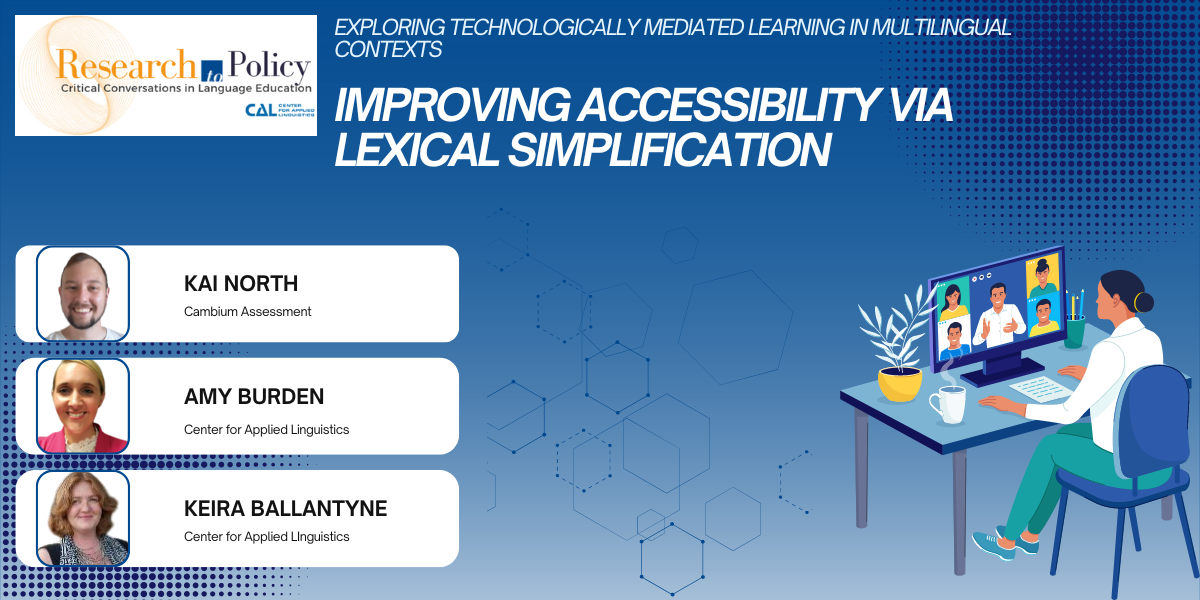VIEW THE RECORDING
TITLE: Responsible AI in Assessment
DATE: Sep 10, 2024
TIME: 4:00–4:30 p.m. EDT
DETAILS:
AI offers significant opportunities for assessments by enabling secure, remote tests that expand access. However, it also poses risks, including the potential for new cheating behaviors, such as using generative AI tools like ChatGPT for writing assistance. As these AI capabilities continue to disrupt traditional assessment methods, integrating Responsible AI (RAI) practices into assessment development and policy becomes crucial. RAI is a global concern, and governments around the world have developed guidelines aimed at mitigating potential harms associated with AI. These guidelines are grounded in ethical principles and aim to identify risks and develop practices that uphold the quality of tests. The webinar highlights the need to develop further and expand RAI principles for assessment practices.

